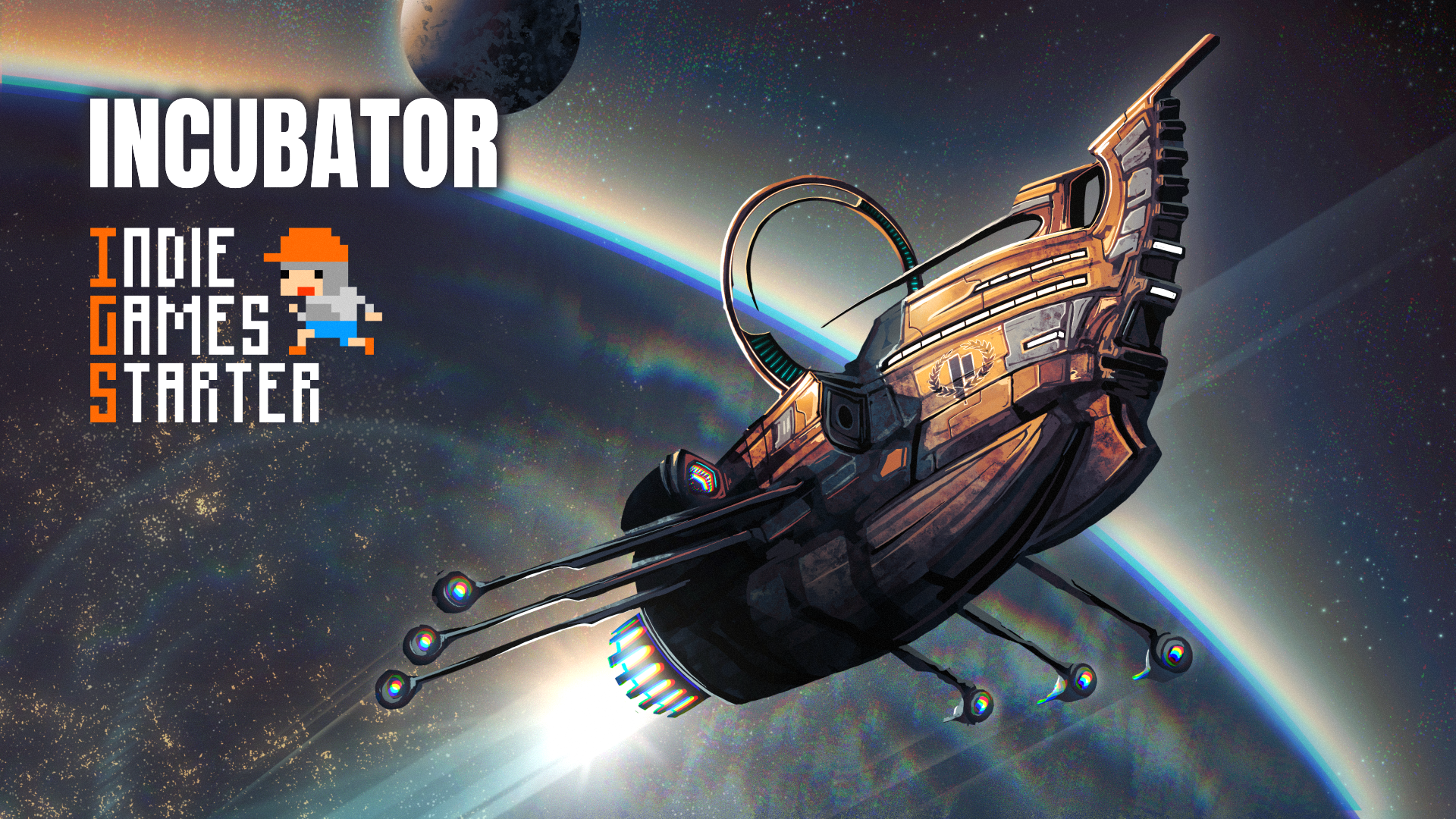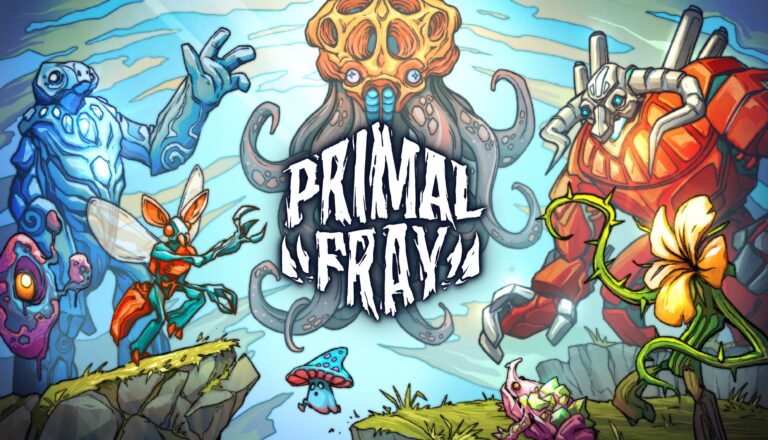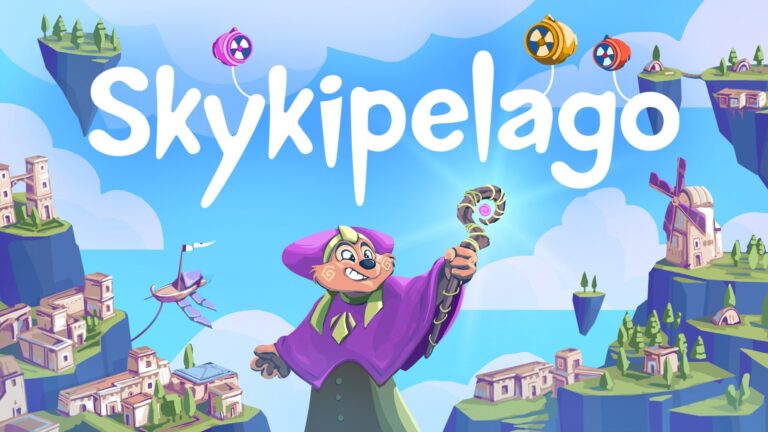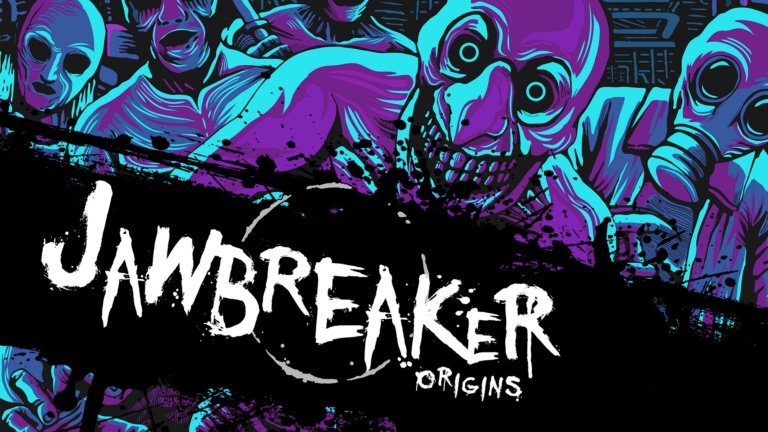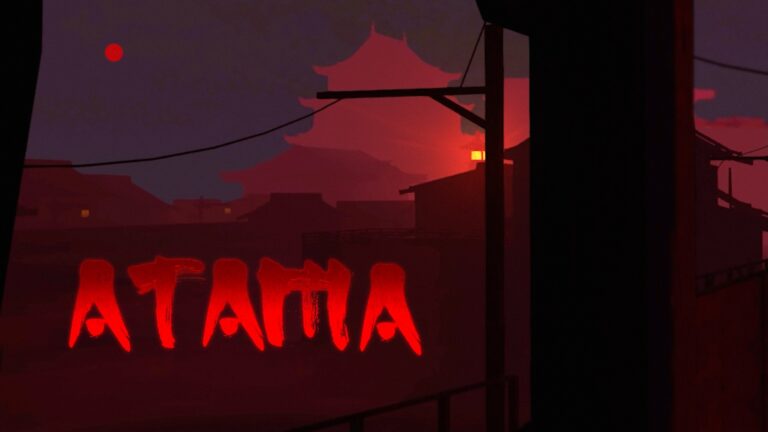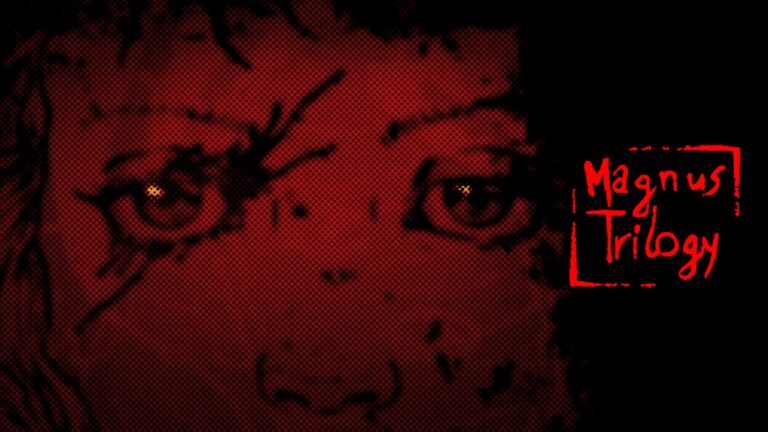The primary goal of the Indie Games Starter incubator is to shatter glass ceilings and pave the way into game development for young and ambitious people who want to create innovative video games.
Finding a first job in the gaming industry can be challenging. Companies often seek senior professionals with years of experience and numerous released titles. However, like any creative industry, games need fresh blood and new ideas. This is precisely why Indie Games Starter was created.
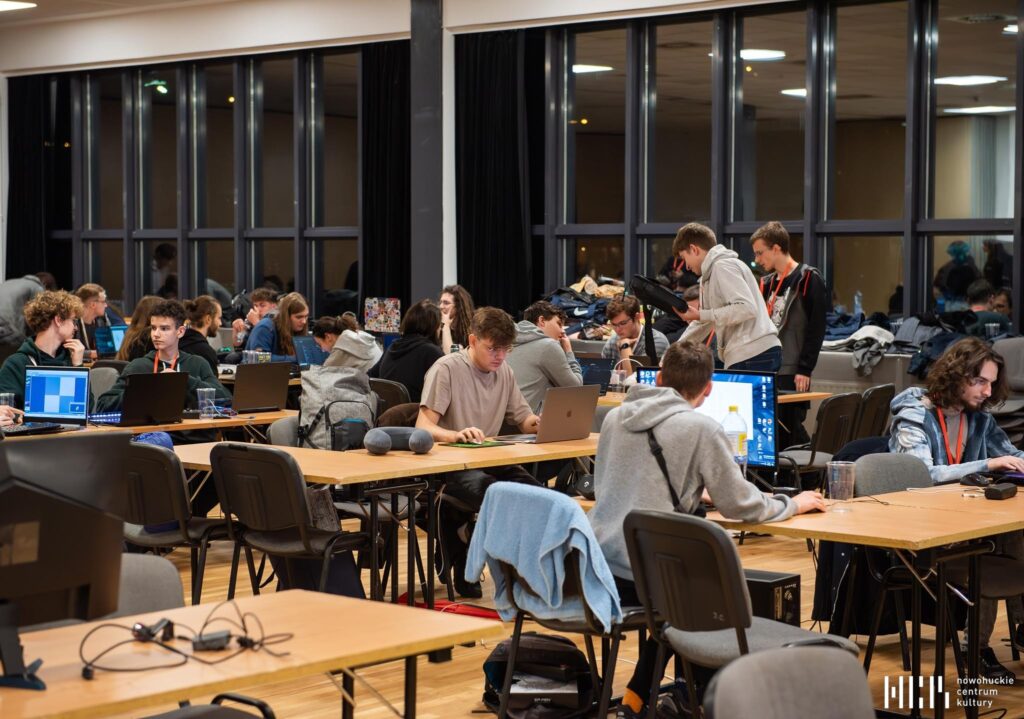
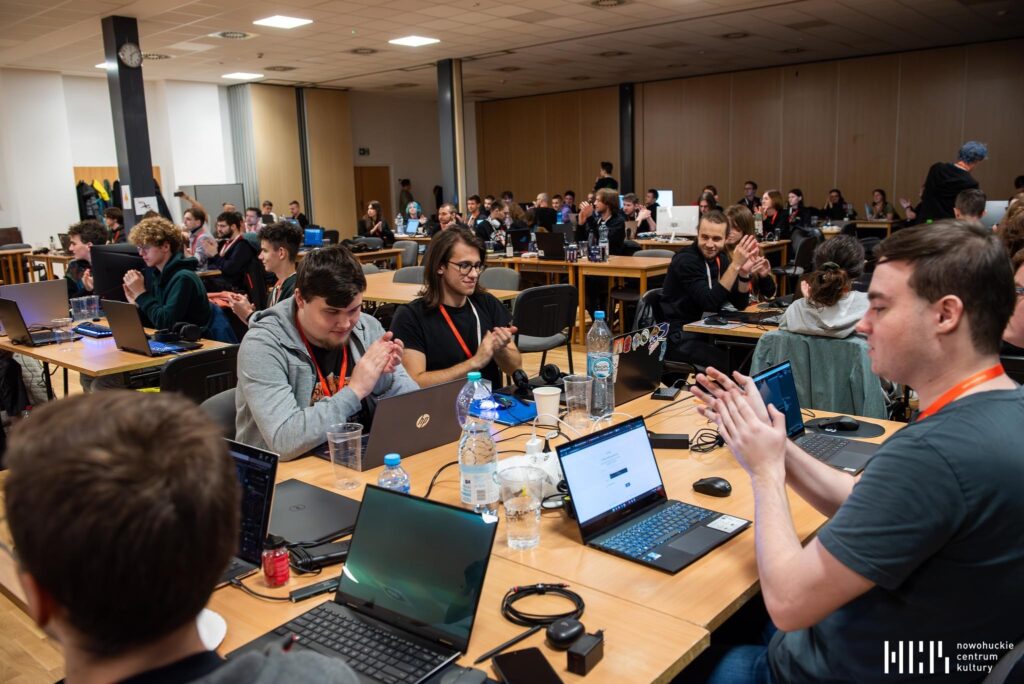
The incubation process aims not only to discover new talent but also to create a space where aspiring game developers can gain their first work experience, experiment with new ideas, and hone their skills. The experience of creating your own title within the incubator will, of course, differ from working or interning at a larger game studio – but we believe that the heart of indie game development lies in small teams of enthusiasts, and our goal is to support it.
What is a game incubator?
The incubator is the first stage of supporting a newly formed game development team. New teams, often full of passion and commitment, frequently lack practical skills such as proper work organization and the ability to validate various ideas, which are crucial for the emerging project. Participation in the incubation process allows them to acquire these skills in a safe and controlled environment, where mistakes are not project-ruining disasters but a natural part of the learning process. Thanks to the supportive environment, aspiring developers have the opportunity to test their capabilities and gain essential experience.
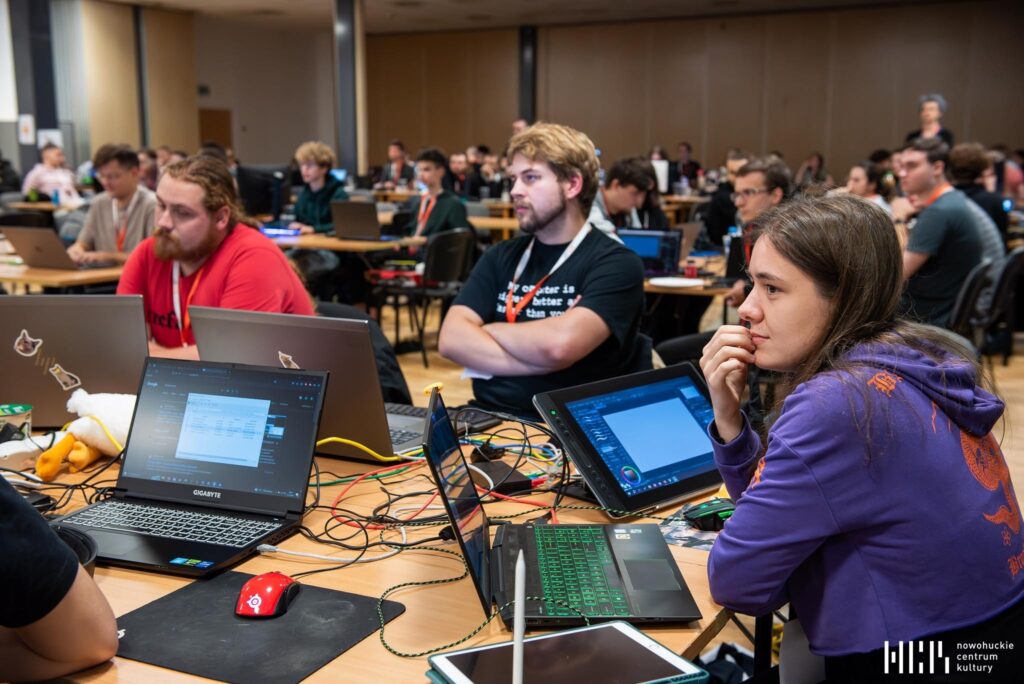
How does the incubation process at IGS work?
The incubation program is designed to support newly formed game development teams.
The first step of incubation is team formation. Both individuals, who will then be grouped into teams based on their skills, and pre-formed groups wishing to work together on a game, can join the process.
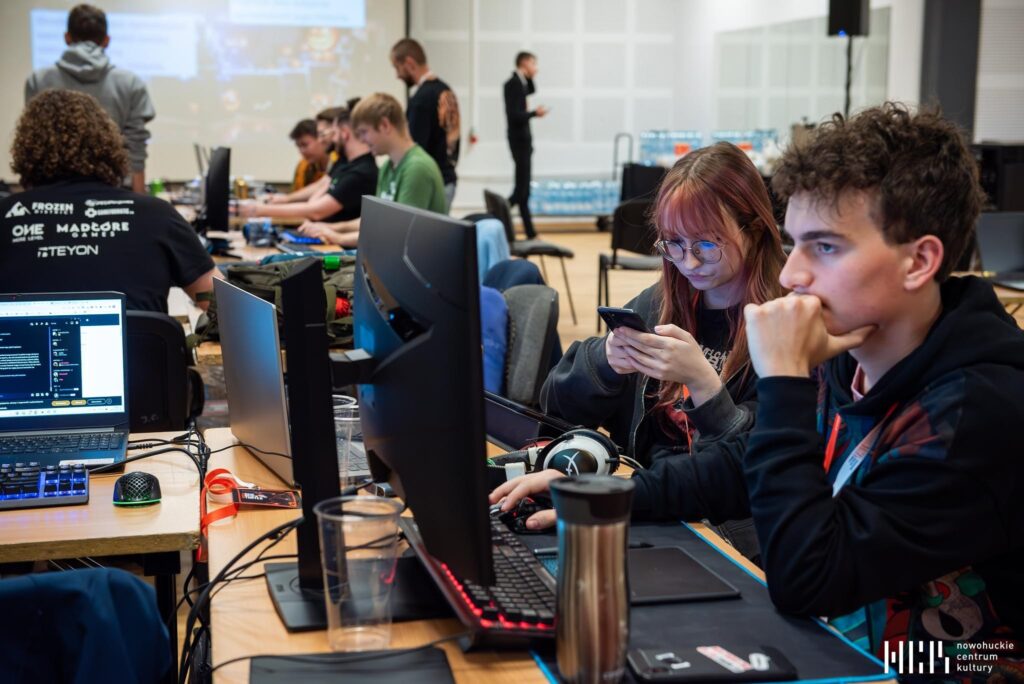
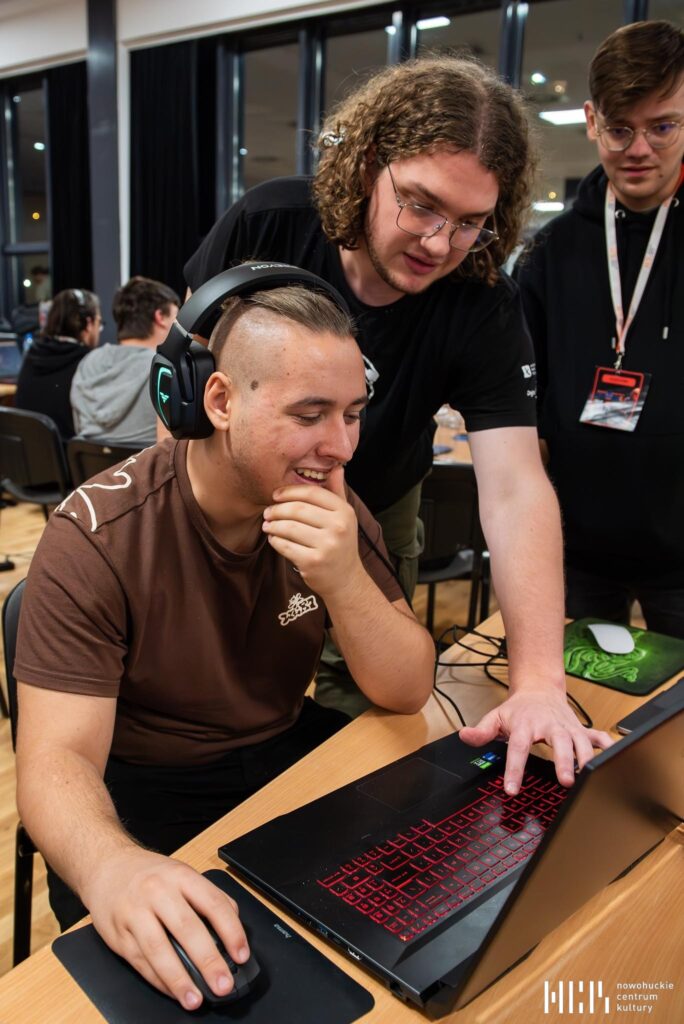
Next, the team prepares an initial vision of the project they will be working on. All projects must be based on the proposed theme, but they can approach it in different ways, which will later allow the creation and release of a collection of games set in a shared universe.
The project proposed by the participants is subject to consultations with specialists in areas such as game design, graphics, and marketing. After the feedback session, the team has the opportunity to make changes to their projects and then begins working on a vertical slice (a representative segment of the game, similar to a demo), which must be completed to successfully finish the incubation process. The games should be developed using Unity game engine.
Teams that complete the incubation process have the opportunity to release their game as part of a collection and to move on to the accelerator, where they can work on a full-fledged version of the game.
What will you gain from participating in the incubation?
In addition to valuable experience and a professionally crafted game project that you can add to your portfolio, participants in the incubator also receive the guidance of a mentor—an experienced game developer eager to share their knowledge in areas aligned with the incubated team’s interests.
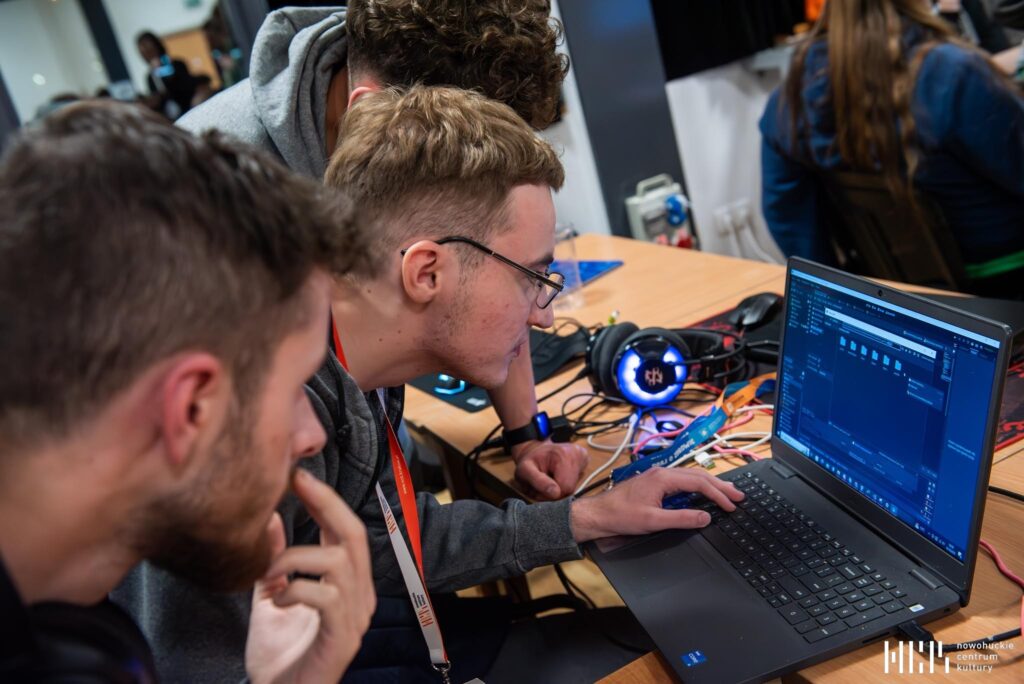
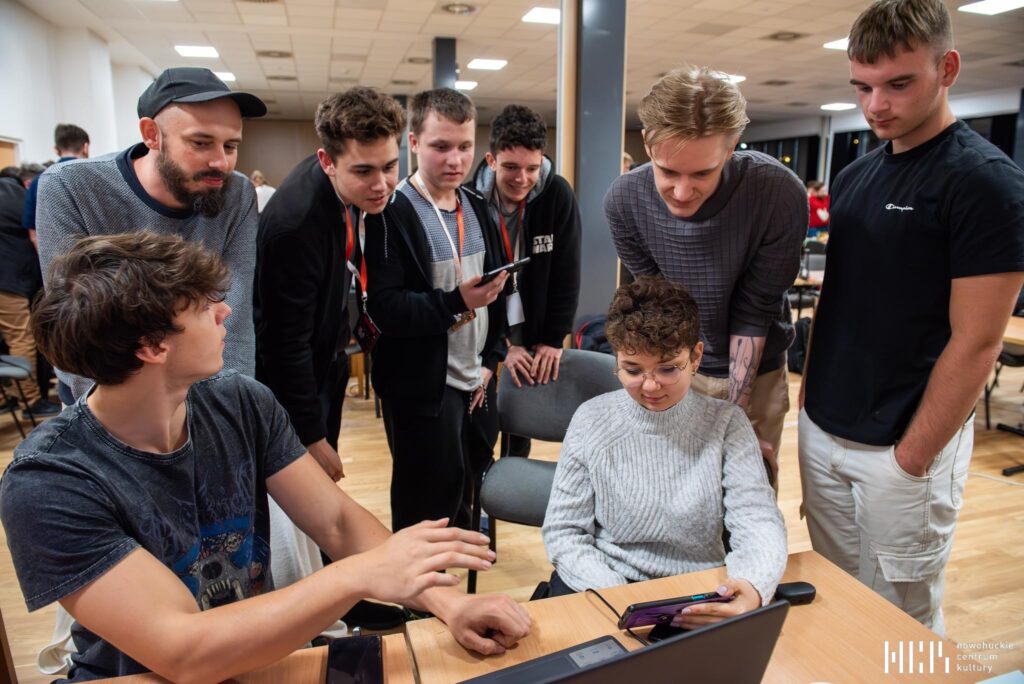
Additionally, the IGS incubator also offers consultations on project development, business development, and marketing.
Participants who are university students also have the opportunity to earn academic credits for their internships through work on the incubated project.
Furthermore, all participants receive a certificate acknowledging their participation in the incubation process.
How are academic internships credited?
Within the IGS incubator, university students can earn academic credits through their internships.
To complete the internship, it is necessary to submit a game build along with game documentation. This build is then assessed in several categories evaluating the functionality and completeness of the project. To pass the internship, it is required to score at least 5 out of 10 points—equivalent to delivering a functioning build with a representative segment of gameplay.
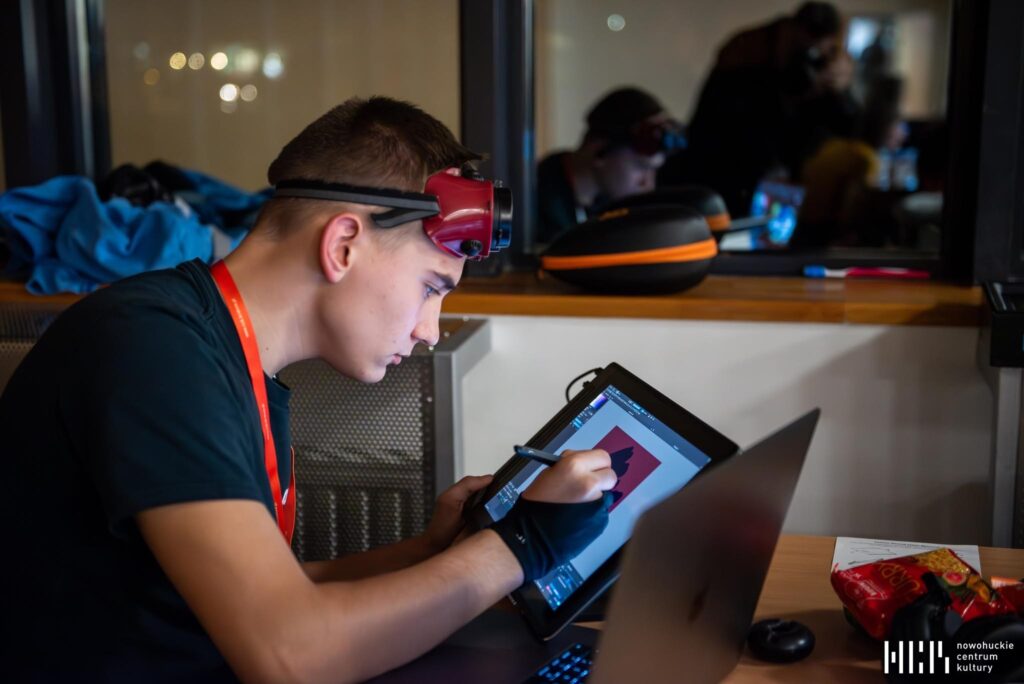
What happens after incubation?
After completing the incubation, the team has a complete documentation of the planned project and a representative fragment, known as a vertical slice. This serves as an excellent foundation for further development of the game.
If the project is positively evaluated by a panel of mentors, the team may be invited to collaborate on the collection (see below).
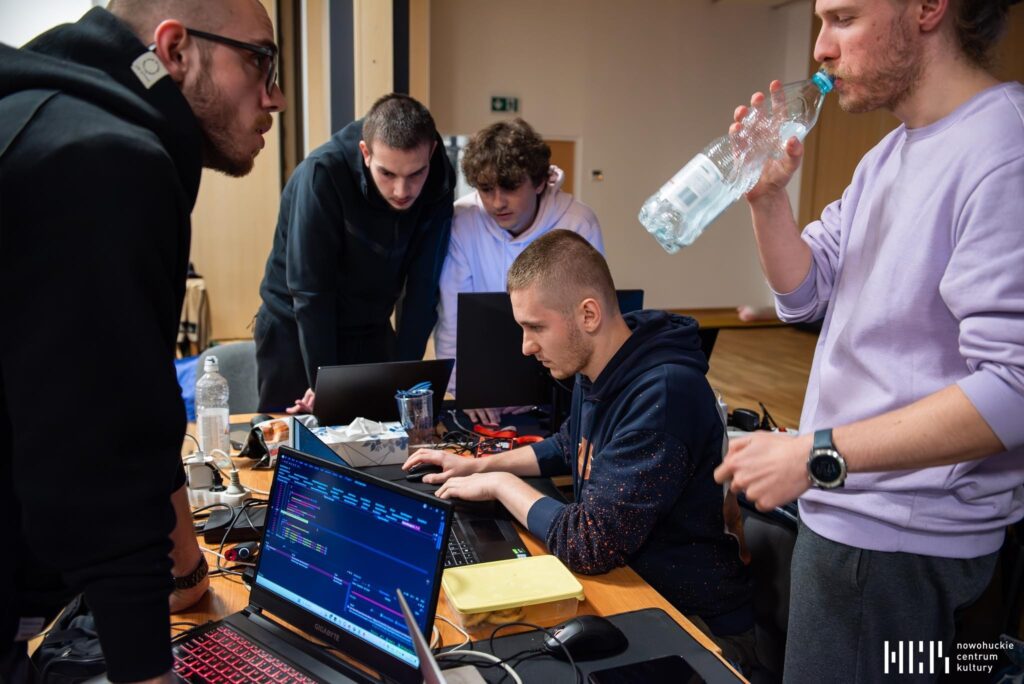

The next step may also be joining the IGS accelerator—a process aimed at creating and releasing a fully-fledged game on popular gaming platforms such as Steam. The acceleration process places significantly more emphasis on working with publishers, business development, and collaborating with external helpers—individuals who support teams to enhance the final product’s value.
Since the acceleration process culminates in the release of a completed game, teams also receive profits from sales and, if they wish, support in establishing their own game studio.
Each team retains full copyright and property rights to the games they create, with Indie Games Starter only granting a license for the sale and distribution of the game. After the acceleration process is completed, within 30 days, selected teams will sign a professional acceleration and publishing agreement with us. This agreement will allow them to finish their title in collaboration with us, which will then be released by Indie Games Starter, with the team retaining a 50% share of the game’s sales profits. In this case, IGS takes responsibility for marketing, distribution across all platforms, porting, as well as quality assurance and certification. Distribution plans are determined individually, depending on the project. If we do not make this offer, the license granted for sale and distribution will expire, and the team will be able to continue working on the game independently.
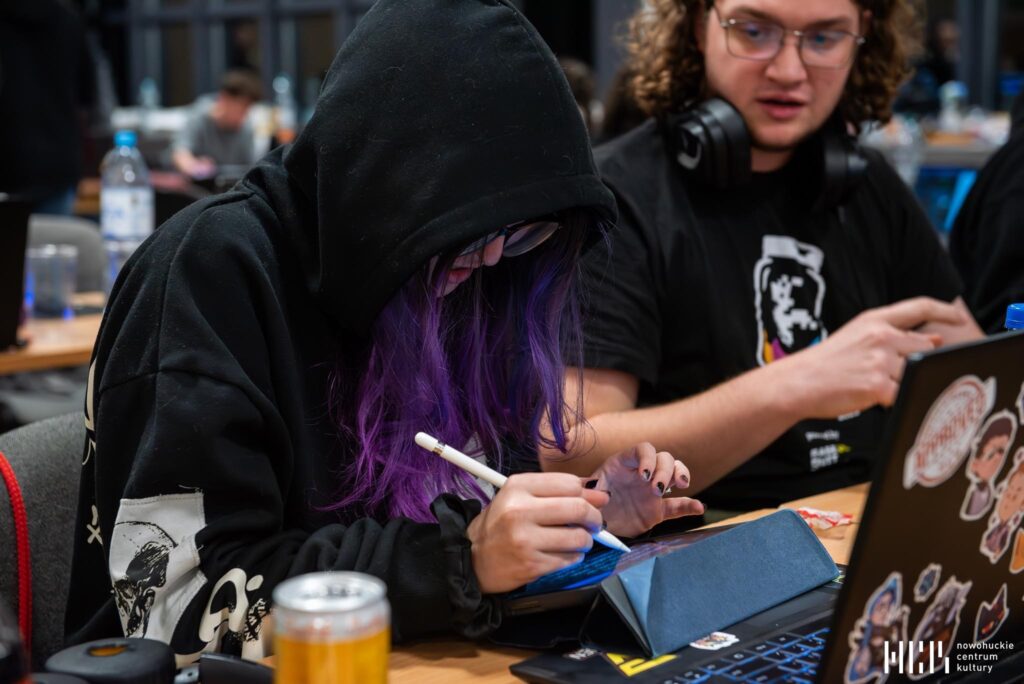
What is a collection?
All games created during an incubation session must revolve around a theme chosen by the mentors. This allows for the later compilation of the games into what is called a collection—a joint project featuring several smaller games that will be released on Steam under a unified banner.
Only the best games qualify for the collection, so after the incubation process ends, all submitted projects undergo verification and evaluation.
A team whose game is included in the collection can proudly showcase their first commercially released project, which is especially important for those just starting out in game development.
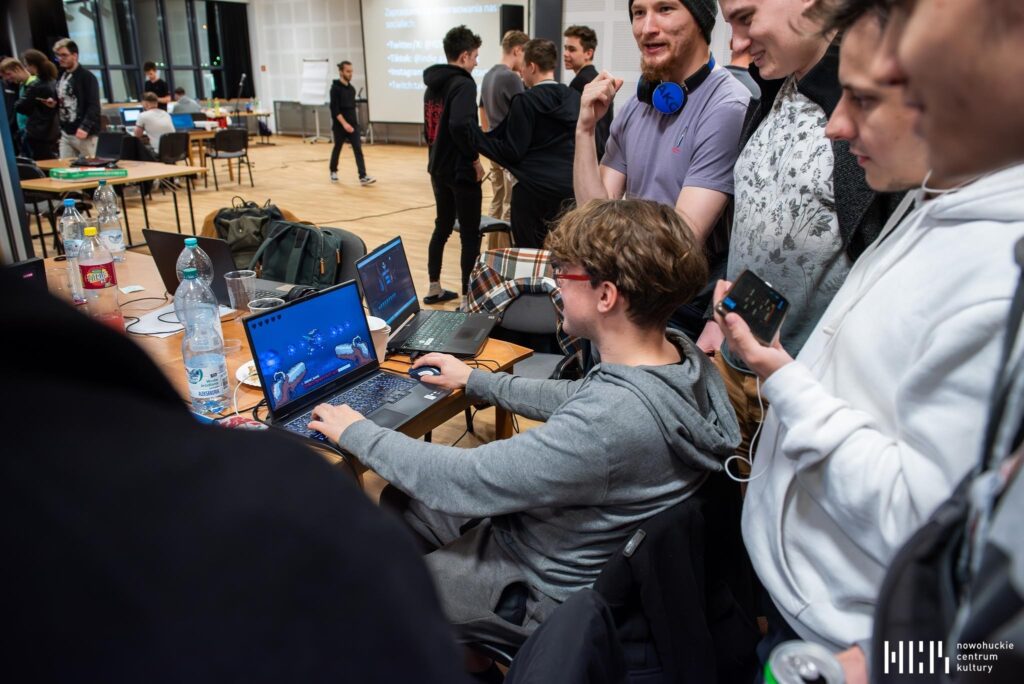
Registration
Registration does not equate to the start of the incubation process. Everyone who registers will receive an invitation to an orientation meeting, which will help in making the final decision regarding participation in the program.
